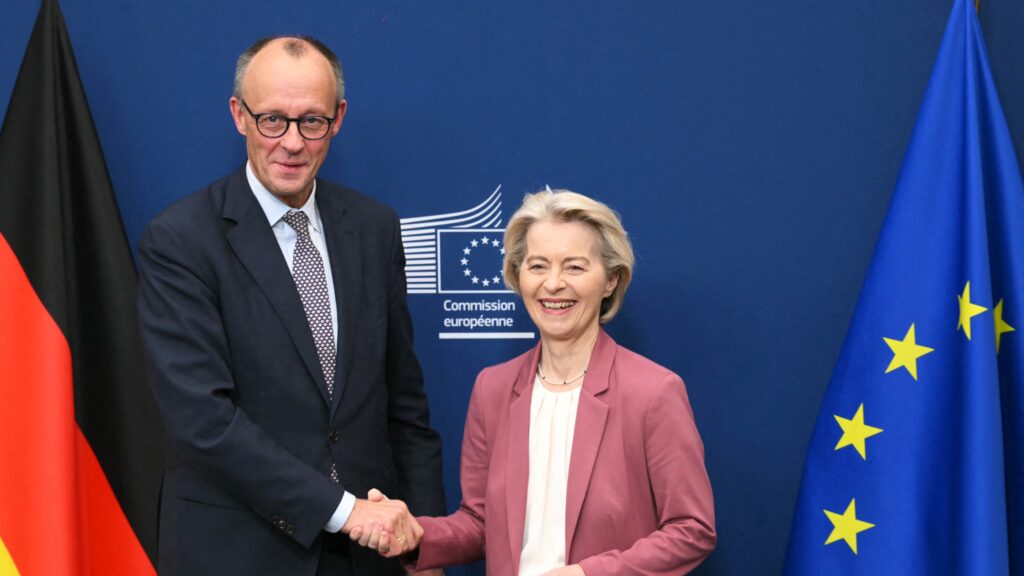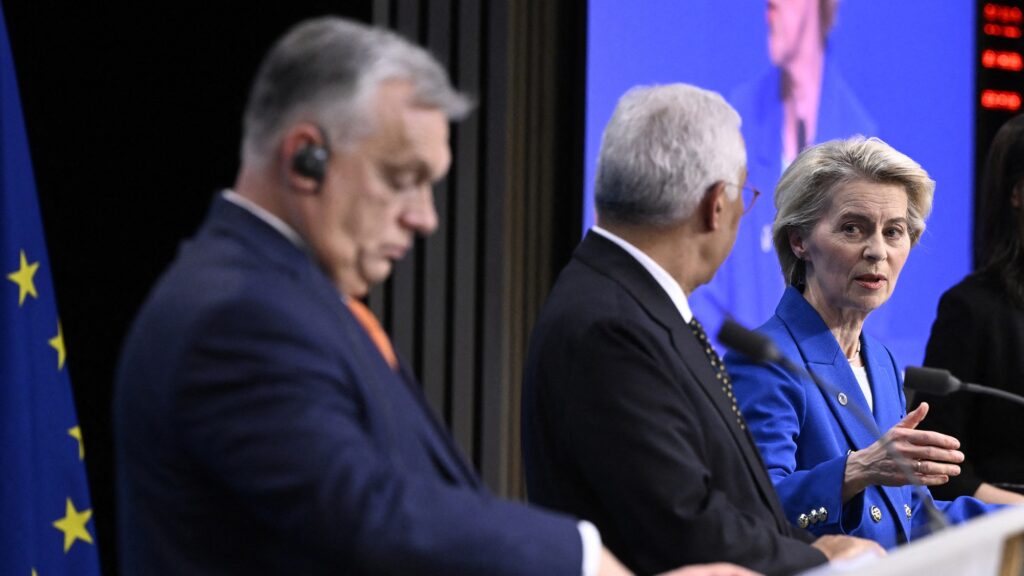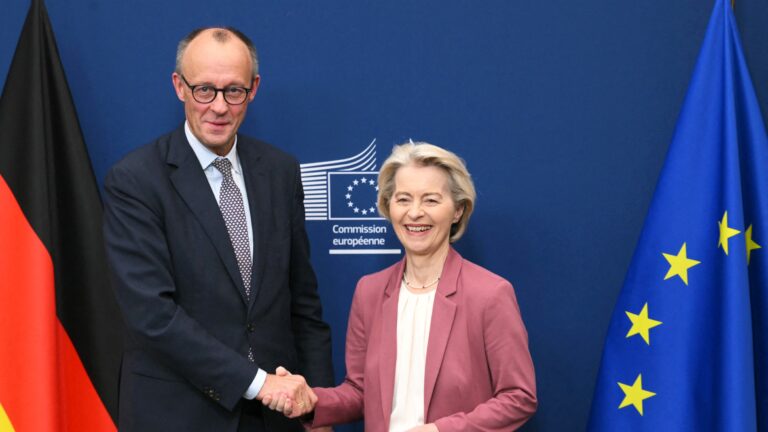Balázs Orbán Becoming a Political Target in the Battle for Academic Freedom in Hungary
Hungary should not be a place for politicians who think critically—so say the progressive elite, especially when it comes to statesmen with ‘dangerous ideas’. Balázs Orbán’s (no relation to Prime Minister Viktor Orbán) writings, now familiar to a broader audience, tend to reflect a blend of scientific approach and an engaging, informative style. Yet, here’s the little-known twist: the author, who also happens to be the political director for Hungary’s Prime Minister and a Fidesz MP, has been quietly pursuing a doctoral dissertation. The catch? It’s a project that could progress—if only the gatekeepers of academia would allow it.
Two Professors Against Academic Freedom
It seems evident that two of the professors evaluating the thesis—The Constitutional Relationship Between the Free Mandate and National Sovereignty—were intent on delivering a pointed rebuke to the political director, brushing aside not only Mr Orbán’s professional approach but also the norms of academic professionalism—all because of the doctoral candidate’s political ideology.
Or in other words: as things stand now, two leading academics on the Doctoral Council most likely tried to deprive Mr Orbán of PhD simply because he is affiliated with the right-wing conservative Fidesz party.
This is akin to barring a qualified athlete from competing in the Olympics solely because of their worldview. In fact, the liberal Hungarian news outlet that originally broke the story revealed that two objecting and one abstaining member of the committee did not base their vote on the merit of the content of the thesis (which admittedly aligns with the professional standards), but rather, on a ‘moral’ basis.
‘This is akin to barring a qualified athlete from competing in the Olympics solely because of their worldview’
Morals? Their morals apparently involve depriving a person of their right to pursue their education and academic research based only on their political affiliation—a communist tactic we now see in a post-Socialist country.
This starkly contrasts Hungary’s Fundamental Law, which explicitly protects these rights. Article X of the Fundamental Law states: ‘Hungary shall guarantee freedom of scientific research and artistic creation, and freedom of learning and, within the limits prescribed by law, freedom to teach, in order to acquire the highest possible level of knowledge.’
Moreover, Balázs Orbán began his doctoral education before entering politics and completed his absolutorium as far back as 2012, further underscoring the unfounded nature of these objections.
Much Ado About Nothing
That didn’t stop Gábor Polyák, a docent at ELTE University’s Department of Media and Communication, from striking a highly dramatic tone in a Facebook post calling on his university to deny Balázs Orbán his PhD.
‘The government wipes its dirty feet on ELTE every day… Of course, we have been the ones playing this game, and every day we hold our classes, we consult, and we push for publications. We pretend that these are normal working conditions, that this is the way to run a university…As a professor at ELTE University, I object to Balázs Orbán obtaining a PhD degree at this institution,’ he wrote.
For any liberal NGOs in the West concerned about the state of academic freedom in Hungary, it’s worth noting that Polyák published this post fully aware that he faces no risk of losing his position despite his outspoken criticism of the government that funds his institution. This is right; he deserves freedom of speech.
Ironically, he, however, will not grant the same opportunity to his political opponent and wishes to deprive him of his right to pursue academic research.
Hungarian Academia Backs Mr Orbán and Academic Freedom
Tamás Freund, President of the Hungarian Academy of Sciences, spoke up in defence of the doctoral candidate, stating:
‘Equal opportunities should be ensured for all eligible researchers, regardless of political, ideological, religious, ethnic, or gender affiliation. Diplomas should be awarded through a fair and equitable process, based solely on the scientific merit of the candidate and their thesis.’
The university also issued a public statement affirming that the doctoral thesis was completed in full compliance with its rules and regulations.
‘Equal opportunities should be ensured for all eligible researchers, regardless of political, ideological, religious, ethnic, or gender affiliation’
For our American readers, seeing a conservative person bullied in mainstream academia is nothing new. In the US, however, activists and journalists typically attempt to highlight some aspect of the content as objectionable—unlike the case of Balázs Orbán, where no such effort has been made.
A striking example from the US is that of economist Roland Fryer at Harvard University. In 2016, during the early days of the Black Lives Matter movement, Fryer conducted a study to examine whether racial bias influenced police killings in the US. His findings revealed no evidence of such bias. Despite being an African American scholar himself, Fryer faced warnings from colleagues that publishing the study could damage his career. Undeterred, he went ahead and published the research. Predictably, the backlash led to his suspension from Harvard.
Hungary on the Brink of the Cancel Culture Madness
Ideally, non-academic factors such as a PhD candidate’s race, skin colour, gender, personal identity, native language, religion or lack thereof, political affiliation, opinions on public matters, background, or socioeconomic status should have no influence on the evaluation of their dissertation. The sole criterion for assessment should be the quality of the academic work: thorough preparation, the ability to present a convincing case, sound argumentation, responsiveness to questions, and a systematic evaluation of the relevant issues. This seemed to have been standardized and institutionalized in Hungary.
However, it is increasingly evident that in the West, universities—led by their administrations, faculty, and often the student body—tend to lean left, frequently embracing progressive ideologies, including the uncritical promotion of woke and gender-related theories.
Within the progressive echo chambers that have developed over time, there is little tolerance for right-wing perspectives, which are often marginalized or outright silenced.
What happens in America also happens in Hungary. This is not progress.
There is, however, reason for hope. The strong support from Hungary’s academic community shows that the country is standing firm against the growing wave of cancellation attempts. At the same time, it highlights how far the Left is willing to go to silence those with different views. Hungary’s situation is a clear reminder that academic freedom needs to be strongly protected, especially when there are organized efforts to punish those who speak out.
Related articles:







